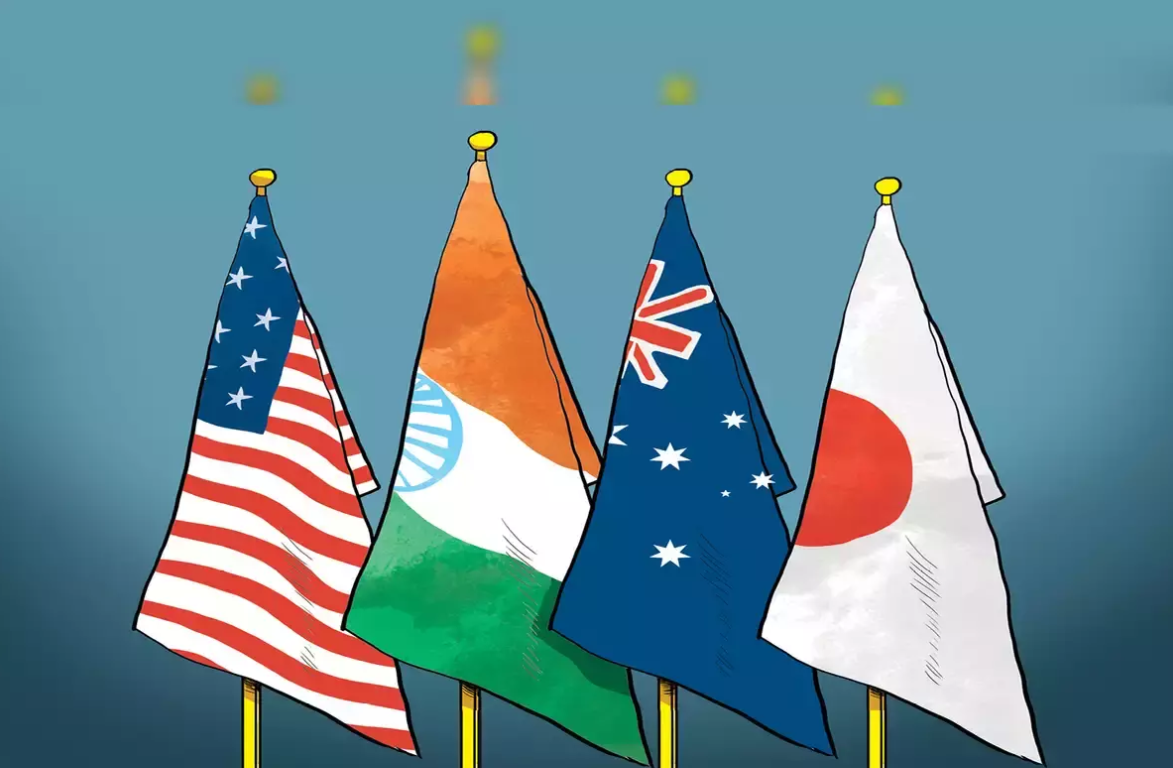





Disclaimer: Copyright infringement not intended.
Context
About QUAD
QUAD Formation
QUAD Significance
QUAD Complications
Relevance of AUKUS









© 2025 iasgyan. All right reserved